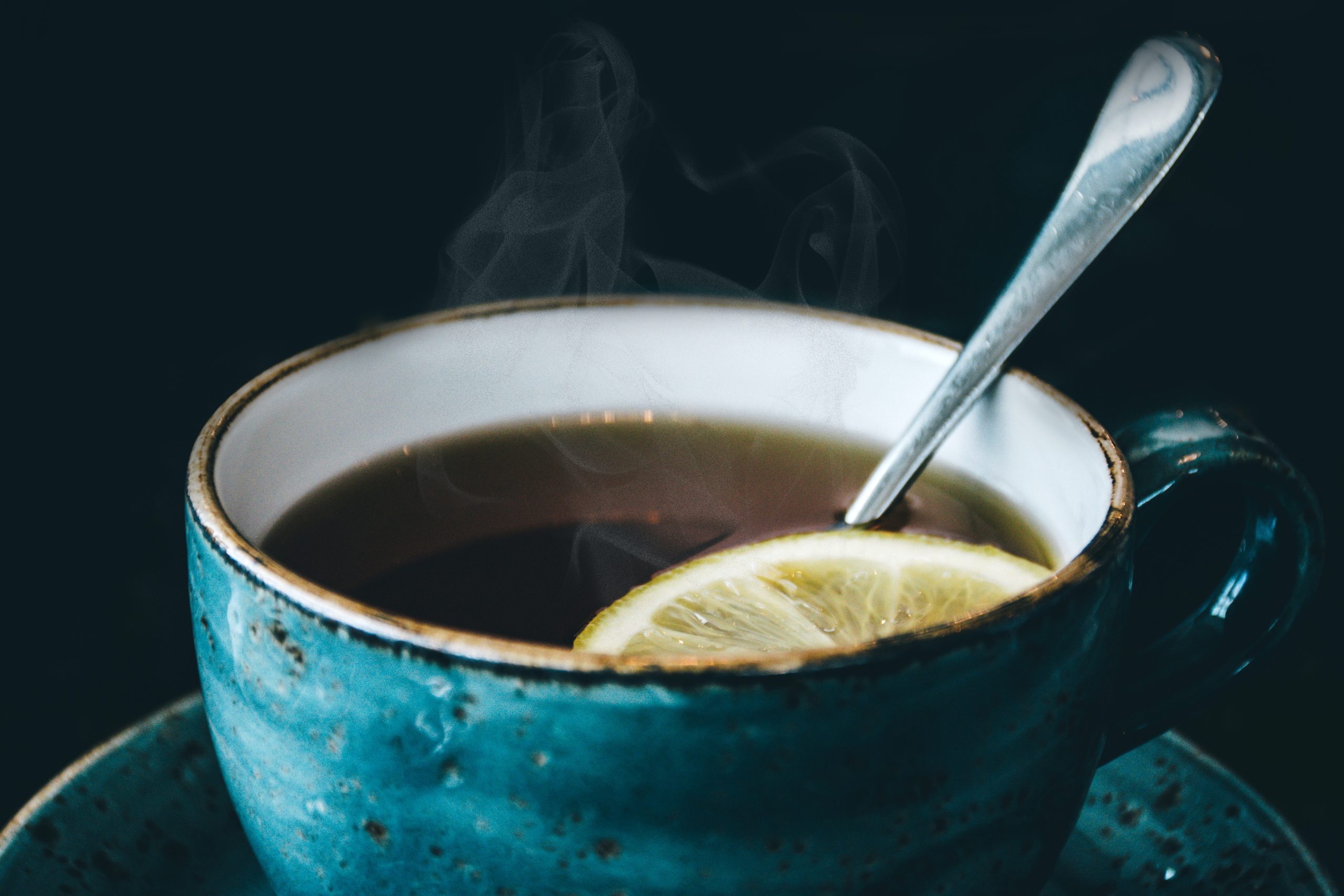- Maintaining a healthy weight: Excess weight can put additional strain on the kidneys, so maintaining a healthy weight is important for those with CKD. Exercising regularly: Regular physical activity can helpManage high blood pressure, improve heart health, and maintain healthy bones.
- Eating a balanced and healthy diet: A diet low in salt, sugar, and unhealthy fats and rich in fruits, vegetables, and whole grains can help manage the symptoms of CKD.
- Controlling blood pressure: High blood pressure is a major risk factor for kidney disease, so controlling blood pressure through medication and lifestyle changes is important.
- Avoiding harmful substances: Avoiding tobacco, excessive alcohol consumption, and overuse of over-the-counter pain medications can help protect the kidneys from further damage.
- Monitoring kidney function: Regular check-ups and laboratory tests are important for monitoring kidney function and adjusting treatment as needed.
- Taking prescribed medications: Taking medications as directed by a healthcare provider can help manage the symptoms and slow the progression of CKD.
- Drinking plenty of water: Staying hydrated can help the kidneys function properly and flush out waste products from the body.
Eating Healthy Can Help Slow The Progression Of CKD
If you have kidney disease, a balanced and healthy diet can help manage symptoms and slow progression. Some dietary recommendations for people with kidney disease include:
It is important to consult a healthcare professional for personalized recommendations, as individualized recommendations may vary based on the severity of the disease, medication use, and other factors. A registered dietitian can also provide guidance on how to make dietary changes that align with your unique needs.
Alternative Ways To Help Treat The Progression Of Chronic Kidney Disease
There are several alternative and complementary therapies that some people with chronic kidney disease (CKD) use to manage their symptoms and improve their overall health and well-being. However, it is important to note that these approaches are not a substitute for conventional medical treatment and should not be used in place of prescribed medications or treatments. Some creative ways to treat CKD include:
- Acupuncture: Acupuncture is a traditional Chinese therapy that involves inserting needles into specific points on the body to relieve pain and stress.
- Massage therapy: Massage therapy can help improve circulation, relieve muscle tension, and reduce stress and anxiety.
- Yoga and mindfulness practices: Yoga and mindfulness practices can help improve physical and mental well-being, reduce stress and anxiety, and promote relaxation.
- Herbs and supplements: Some herbs and supplements, such as cranberry extract and omega-3 fatty acids, may help manage symptoms of CKD, but it is important to speak with a healthcare provider before starting any new supplement regimen.
- Art and music therapy: Art and music therapy can help reduce stress, improve mood, and promote relaxation.

